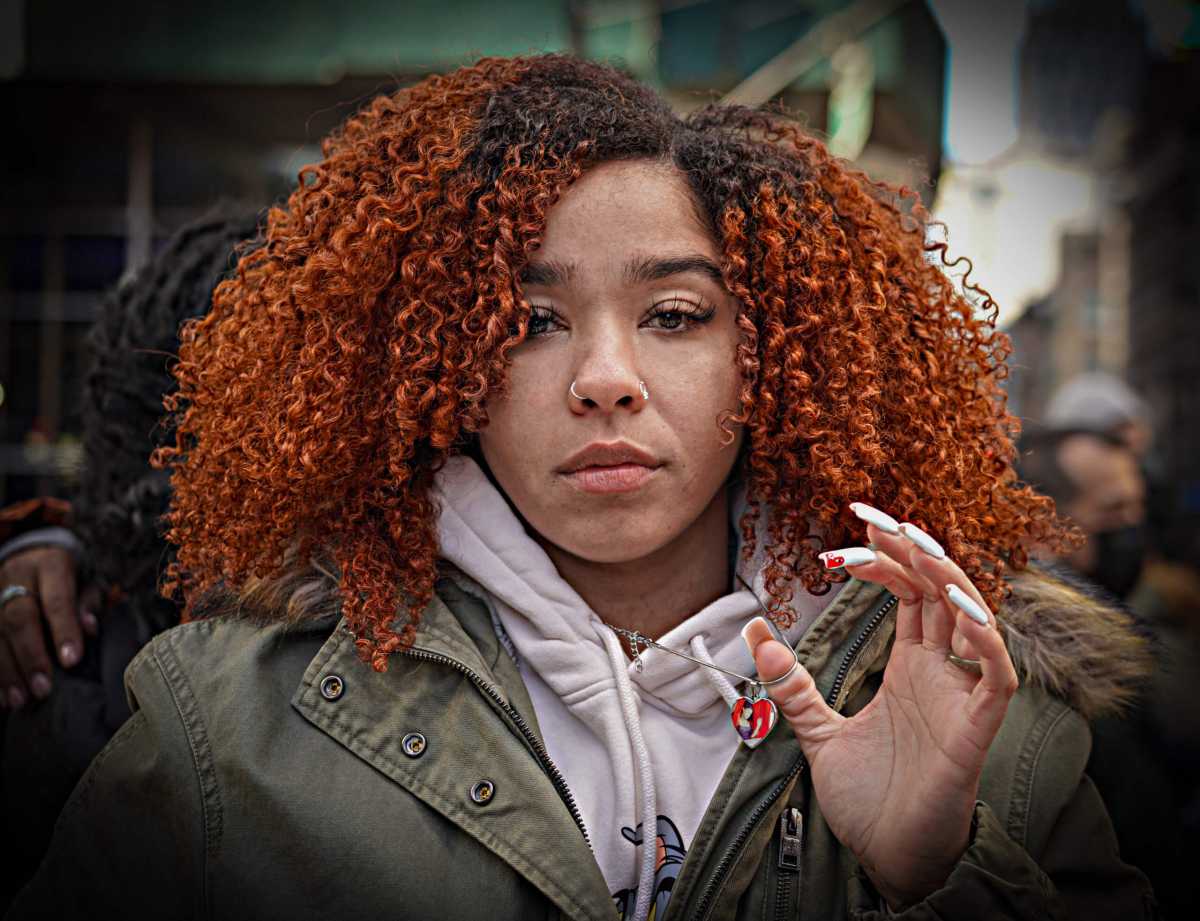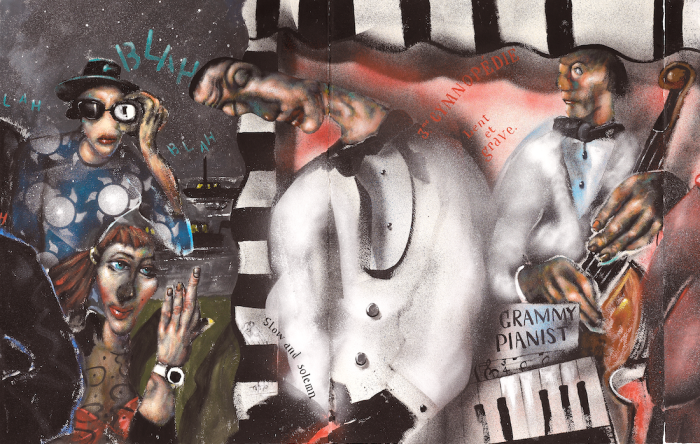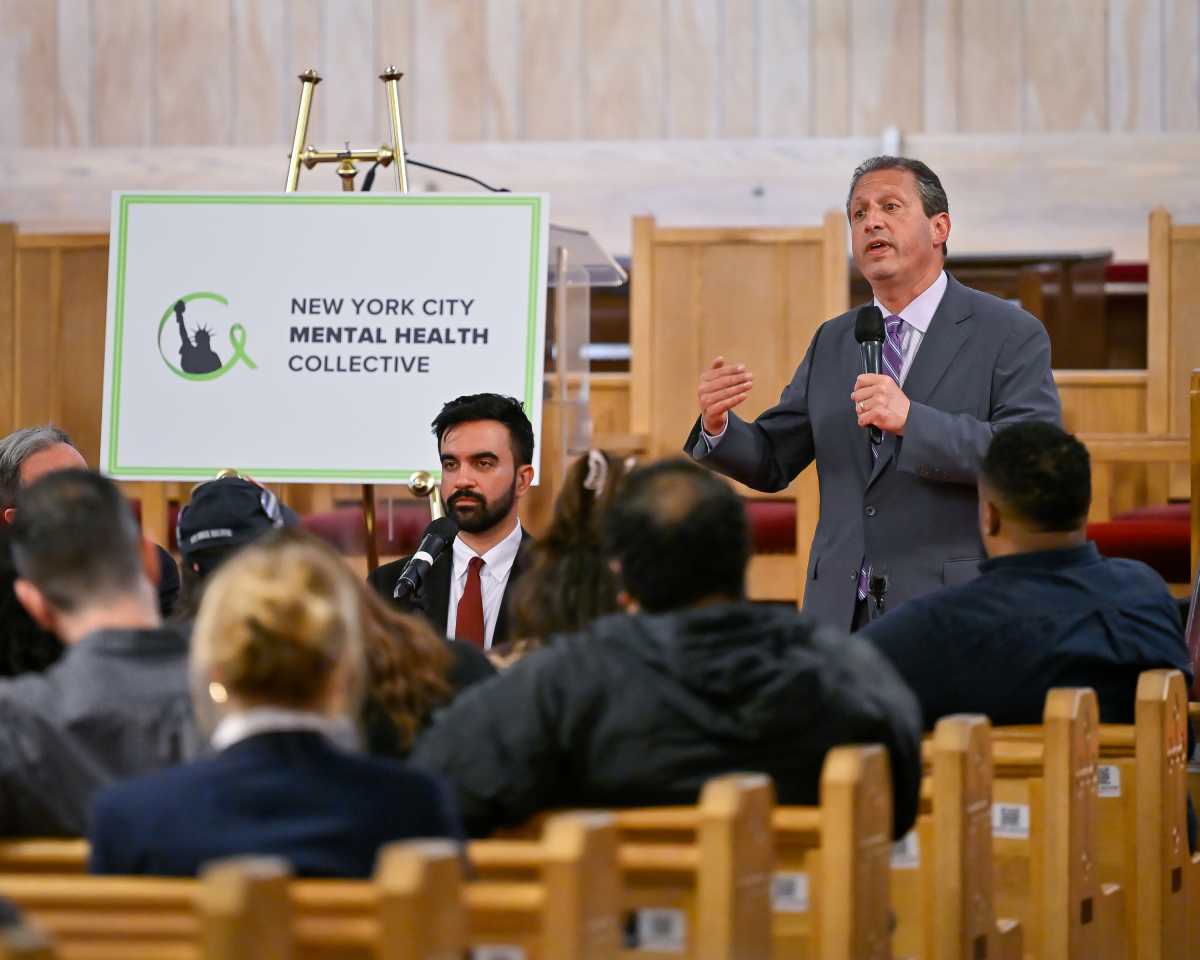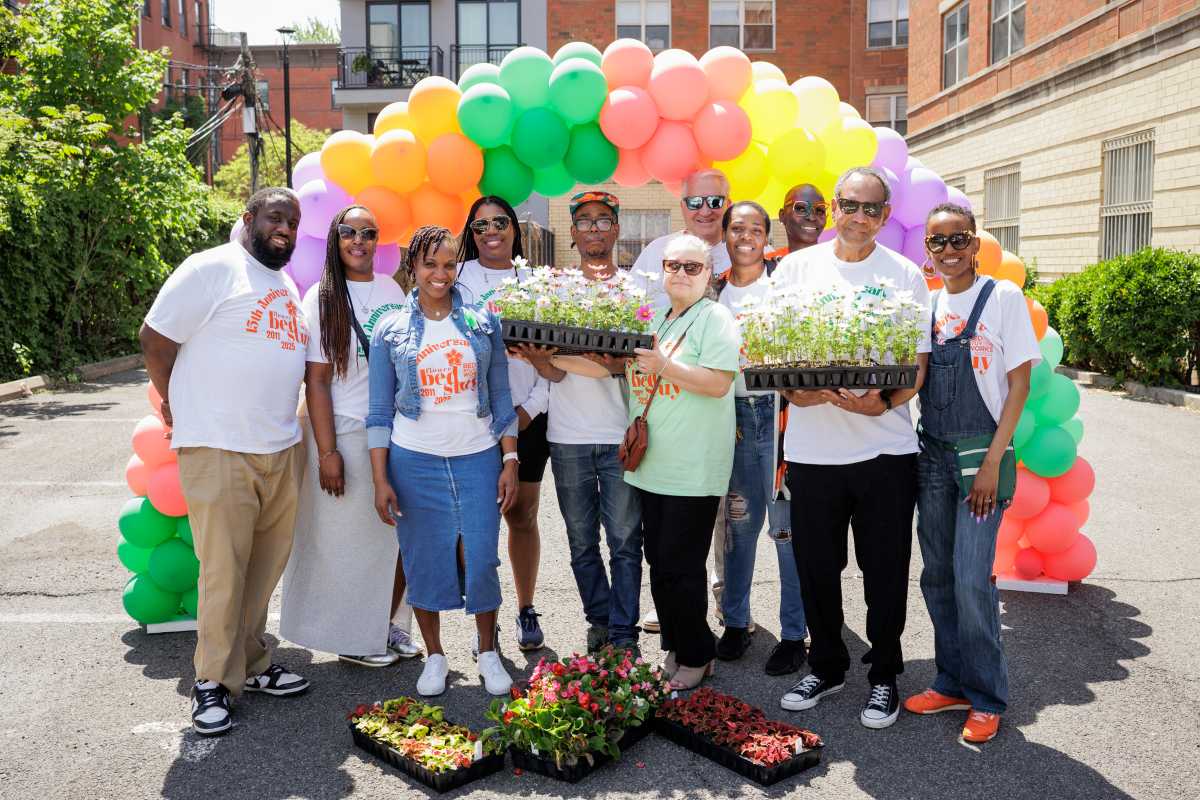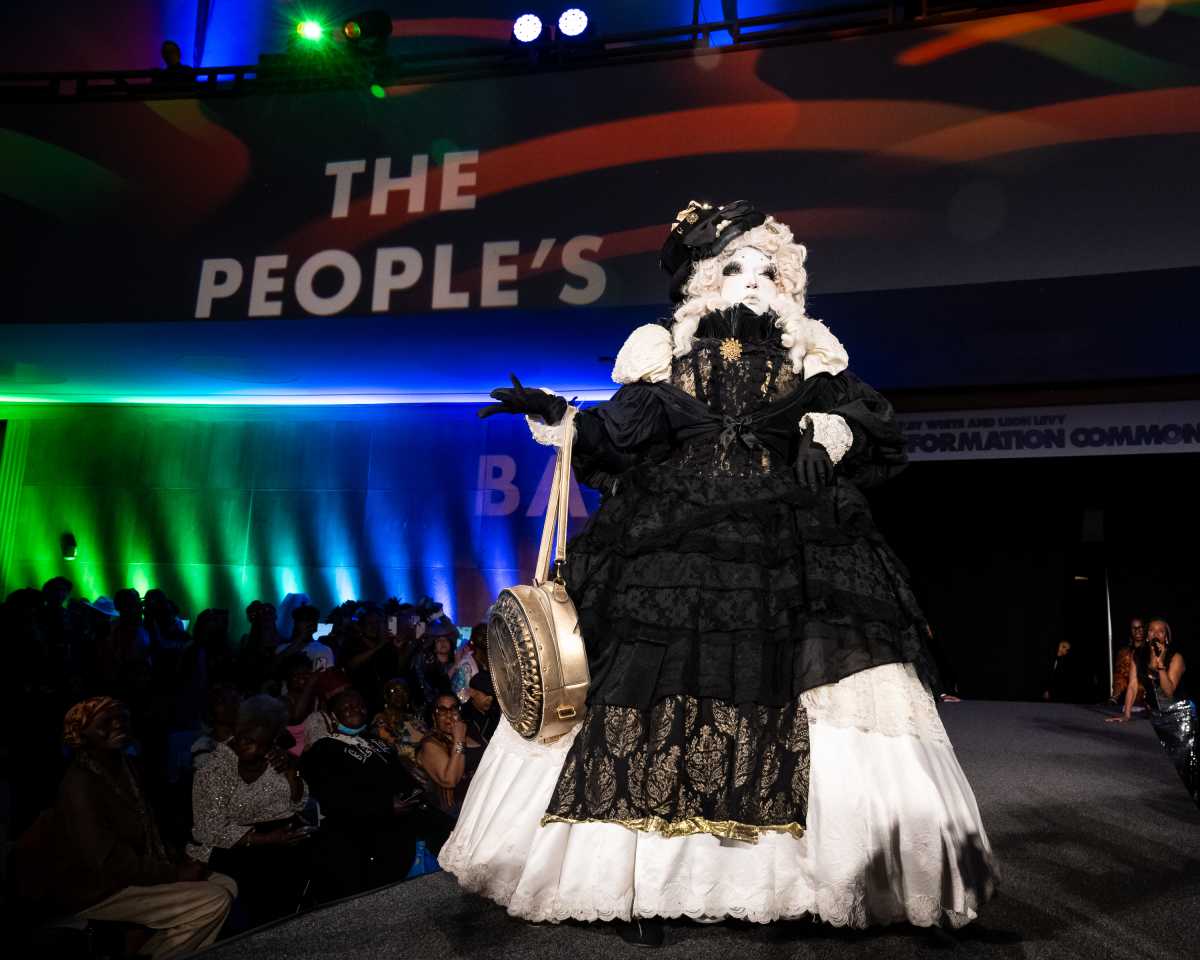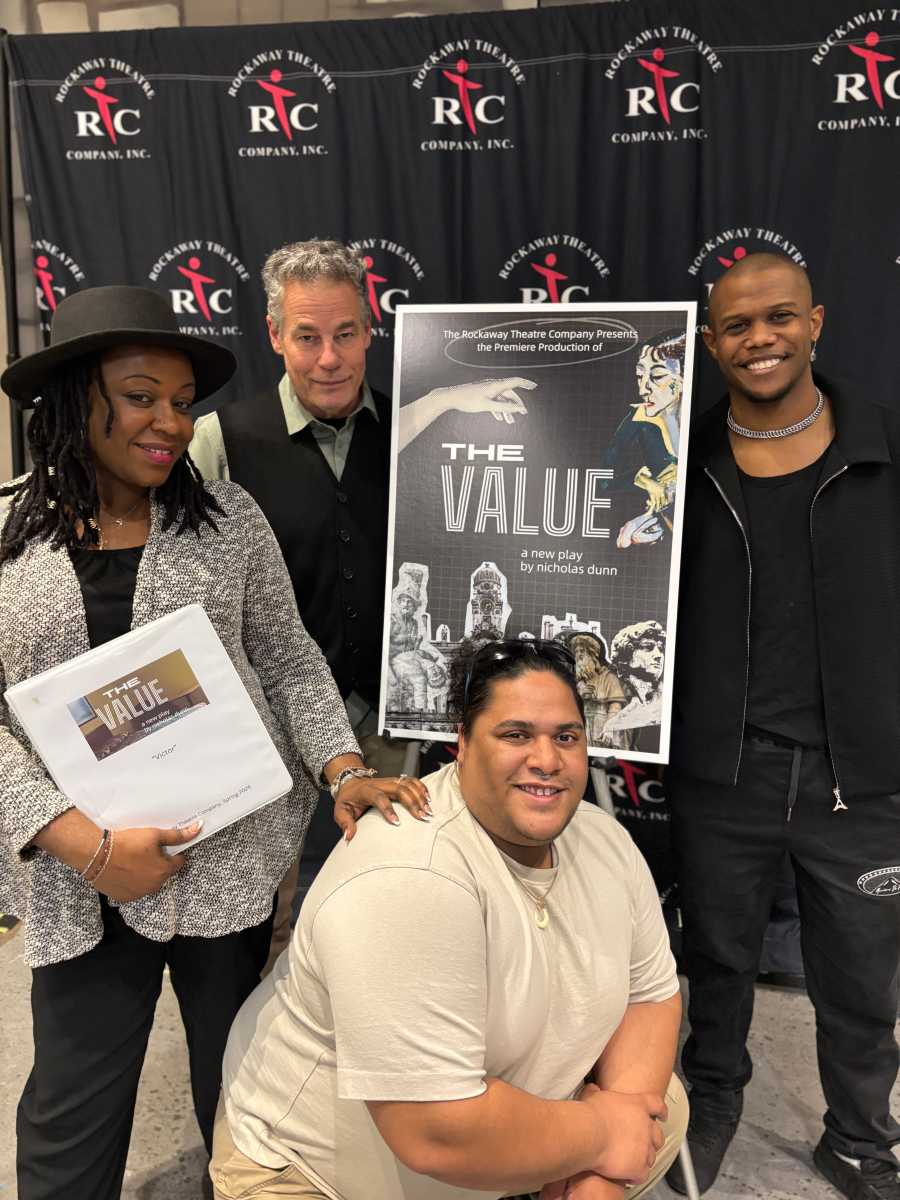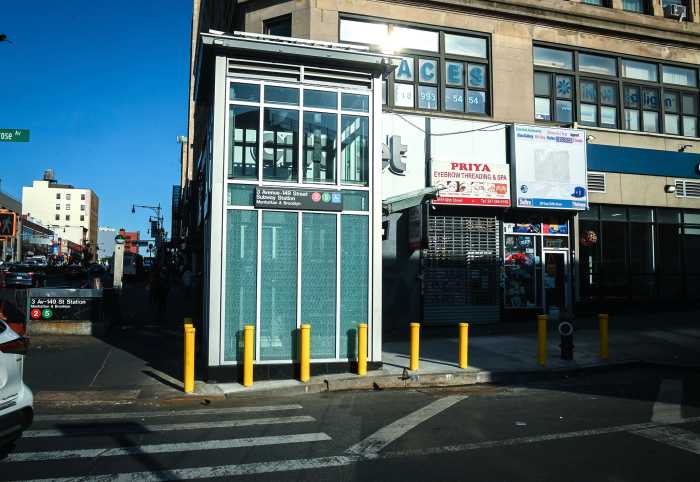When her sister Layleen Polanco died in a Rikers Island solitary confinement unit while on duty guards chuckled to themselves, Melania Brown pledged to fight until the New York City jail system sees meaningful change.
Polanco, a 27-year-old Afro-Latina transgender woman became a symbol of brutality within the walls of Rikers Island when she perished after suffering an epileptic seizure on June 7, 2019. As she lay dying, an investigation found, officers refused to render medical treatment — stating that they believed her to be sleeping. Although guards refused to aid her in life, Polanco’s sister, Melania Brown, has dedicated her existence to supporting her in death.
Striving to keep the memory of her beloved sibling alive, Brown has become a leading advocate for the abolishment of solitary confinement.
Since Polanco’s death, Brown has spent scorching summer afternoons and bleak winter mornings in the streets outside City Hall demanding an immediate end to the practice of forced isolation in city jails. Day after day, protest after protest, Brown shows up with a raised voice on her lips, tears in her eyes, and Polanco in her heart.
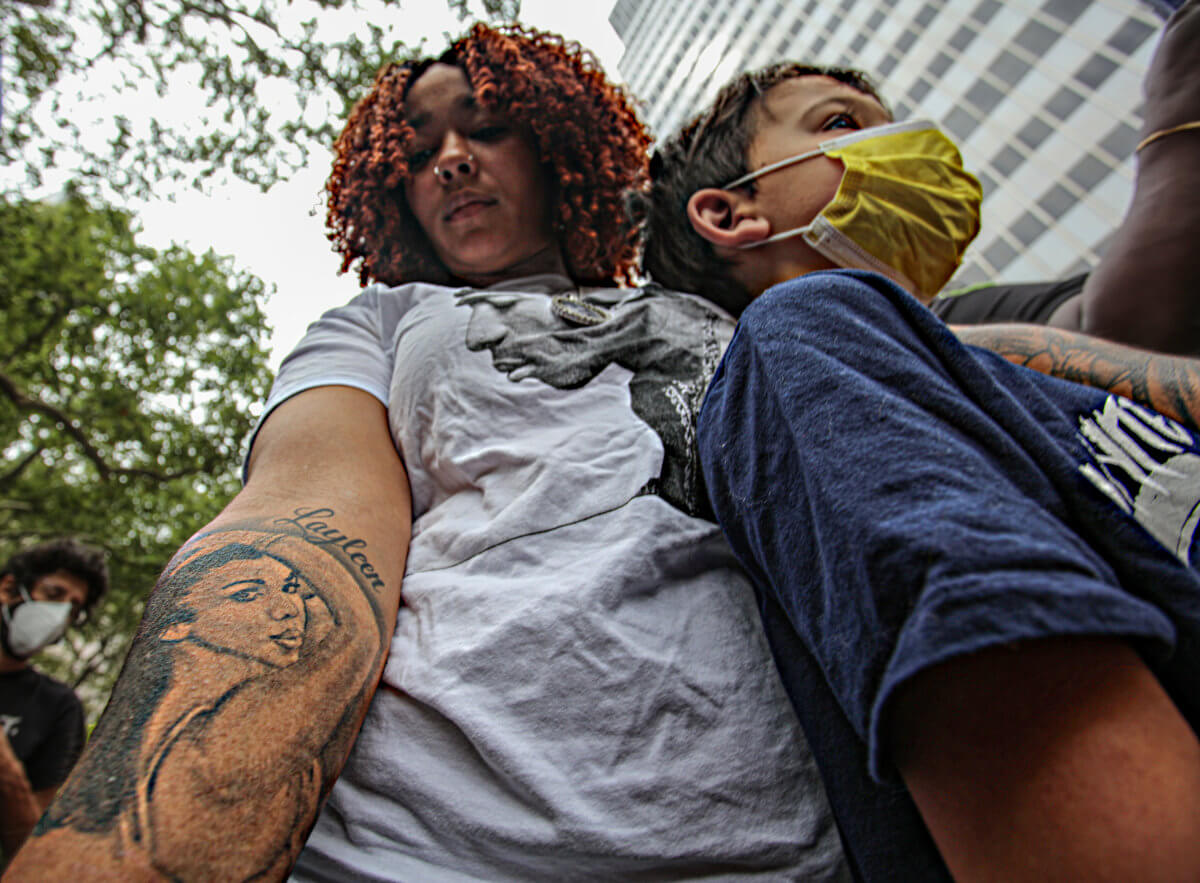
“I made a promise to my sister. Right before we closed the casket, I whispered in her ear and I was just like I am not going to let them get away,” Brown told amNewYork Metro. “I knew I had to be my sister’s voice.”
Polanco was placed on Rikers following an arrest for prostitution, a crime Brown says did not harm anyone apart from her sister herself. Brown remembers her sister disliking sex work, but did it to survive.
“She always wanted to stand on her own two feet. After applying for job, after job after job and she showed her ID, they would turn her away. They would tell her they were not hiring even though they had a big hiring sign in the window. She turned to sex work for survival, she didn’t like it, ” Brown said.

With another holiday season passing, Brown says she has not celebrated Christmas since Polanco died. As the months and years wear on, and as Brown continues to fight in her sister’s name, the bond they share remains strong, but the passage of time only extends their ever-increasing absence.
“It almost feels like she is getting further and further away from me yet still so close. It’s hard ending each year,” Brown said.
With Polanco’s memory a constant reminder of the physical devastation solitary confinement can have on the human body, Brown also speaks on behalf of the mental health implications that the procedure can lead to. Believing that it can irreversibly alter a person’s psyche, Brown says she aims to both educate lawmakers and hold them accountable for the damage caused.
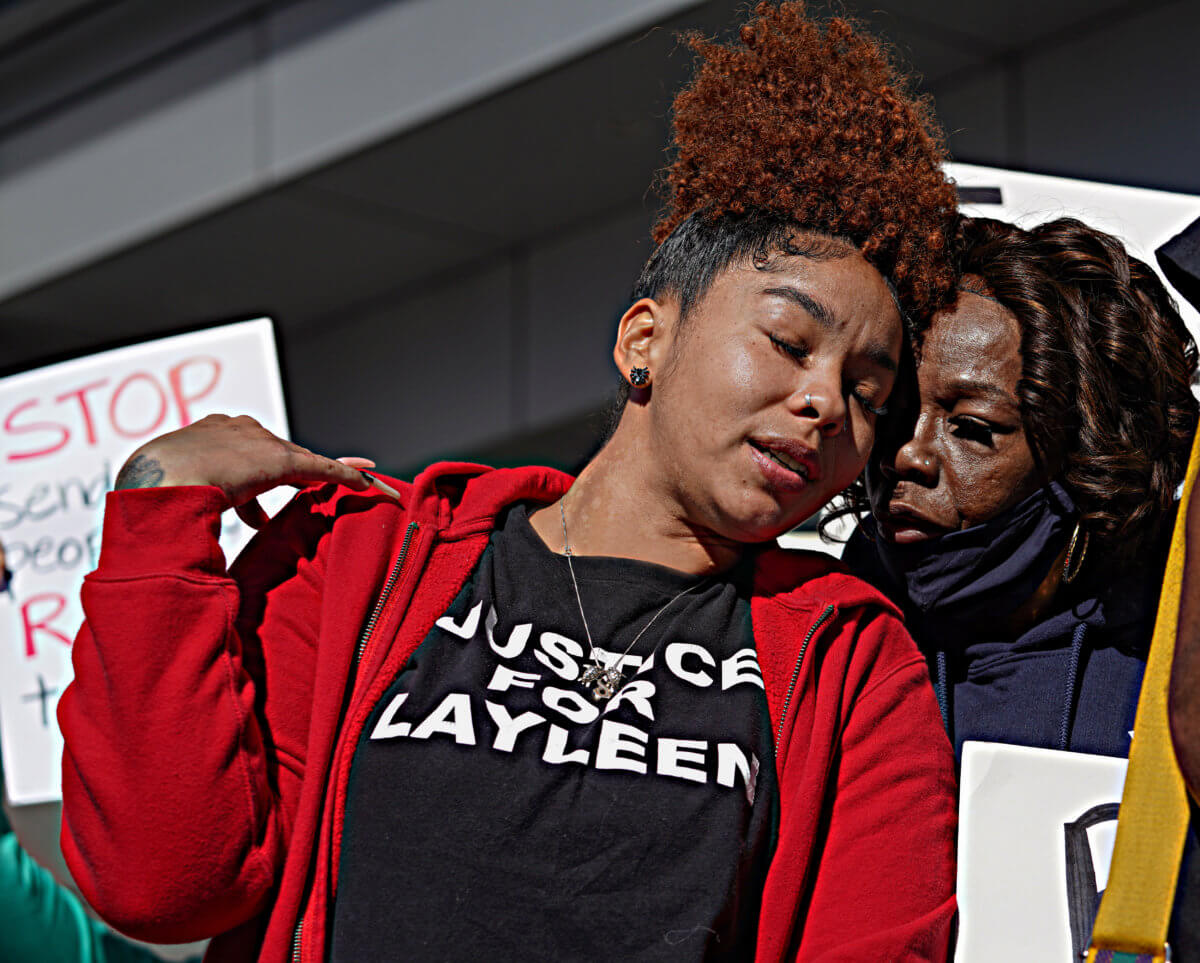
“It causes mental health issues, it is meant to emotionally, mentally, and physically break you down. We don’t even treat animals that way by locking them in a cage all day, imagine what that will do to a human’s mind. We are social, we are used to being around people. To become isolated not only causes mental harm and stress, it causes the family emotional problems too,” Brown explained.
This is why Brown has long criticized former Mayor Bill de Blasio who she says made a promise to change procedures following Polanco’s death. With newly minted Mayor Eric Adams taking the reins of the city, she is equally concerned for the future, albeit while harboring hope.
“Don’t get me wrong, it is nice to see someone from my own kind being in that leadership role. It helps our children know that they have what it takes to get there, to change the world and to use their power for good,” Brown said. “True leadership to me is coming in and saying we are going to stop the deaths in our jails.”
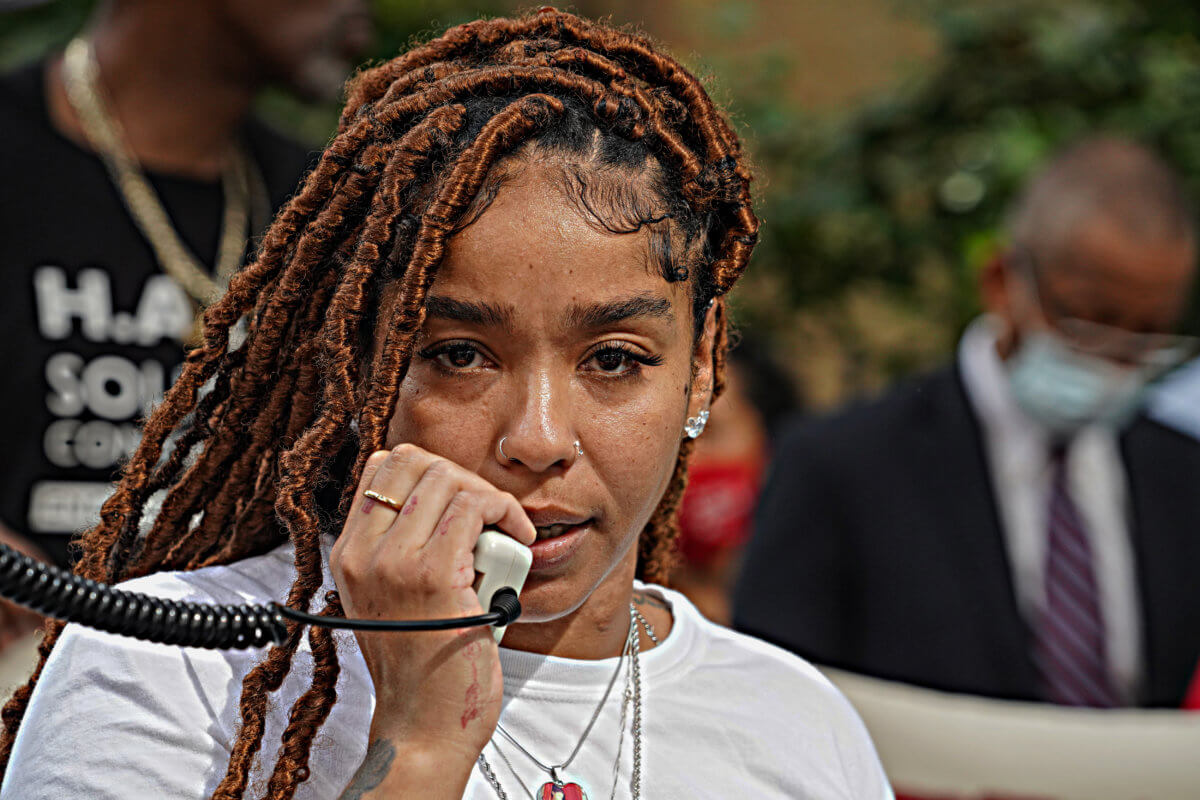
Adams has reaffirmed his support of punitive segregation, which he believes will separate violent individuals from the general population in jails.
Brown and other advocacy groups, such as HALT Solitary Confinement, disagree. They believe punitive segregation is just another term for solitary confinement — an inhumane act, nonetheless.
When a high-profile death occurs, their loved ones often lose their original identity, simply becoming known as the brother, father, mother, sister, daughter, or son of the deceased. Brown spoke candidly regarding being known as the sister of Polanco, a moniker she shoulders with pride.
“It’s hard because I have to keep reliving the pain but when it comes to me being her voice, I will be the voice of her for the rest of my life if I have to. I will live under her shadow if I have to, I do not mind living under the shadow of my sister because she deserves to be here,” Brown said.




